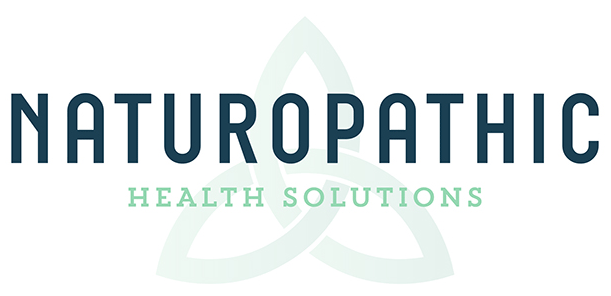Sugar, AKA processed carbohydrates are in my opinion one of the greatest threats to our health in the modern day. It has a great impact on multiple layers of health, especially the health of children. A highly cited study in the journal Neuroscience & Biobehavioral Reviews found that sugar, as pervasive as it is meets the criteria for a substance of abuse and may be as addictive as drugs. This is very unfortunate, because children are being exposed to huge quantities of this deadly substance daily.
In my post I could only fit 10 negative impacts sugar has on the body, yet there is so much more. Sugar is not only a toxin, but it is also pro-inflammatory, pro-oxidative, and effects every cell in the body negatively.
Here is a list of side effects sugar has on the body:
– Weight gain.
– Insulin resistance.
– Blood sugar dysregulation.
– Promotes diabetes.
– Promotes brain fog.
– Promotes poor concentration and poor memory.
– May cause behavioural issues.
– Suppresses immune function.
– May aggregate asthmatic symptoms.
– May lead to chronic skin conditions including acne, psoriasis, eczema and hives.
– May promote and worsen allergies.
– Promotes cancer.
– Causes gastrointestinal inflammation, bloating, flatulence, heart burn, reflux, constipation and others.
– May promote fatigue.
– Promotes Irritability.
– May cause fatty liver.
– May cause high cholesterol.
– May lead to metabolic syndrome.
– Causes oxidation and inflammation systemically throughout the body.
– May worsen arthritic pain and joint pain.
– Promotes ageing.
– Promotes tooth decay.
What foods to stay away from?
– All processed carbohydrates including bread, pasta, pizza, cereals, crackers, chips, chocolates, sweets, ice creams, etc.
– Hot chips, nuggets and burgers.
– Soft drink, juices, energy drinks etc.
Parents, you are your children’s guardians, so protect them from this toxic, addictive and life destroying substance. I can assure you that these negative impacts aren’t only limited to children. With the right tools and education you can feed your children foods that will promote optimal health and well being minimising the risk of disease long-term.

